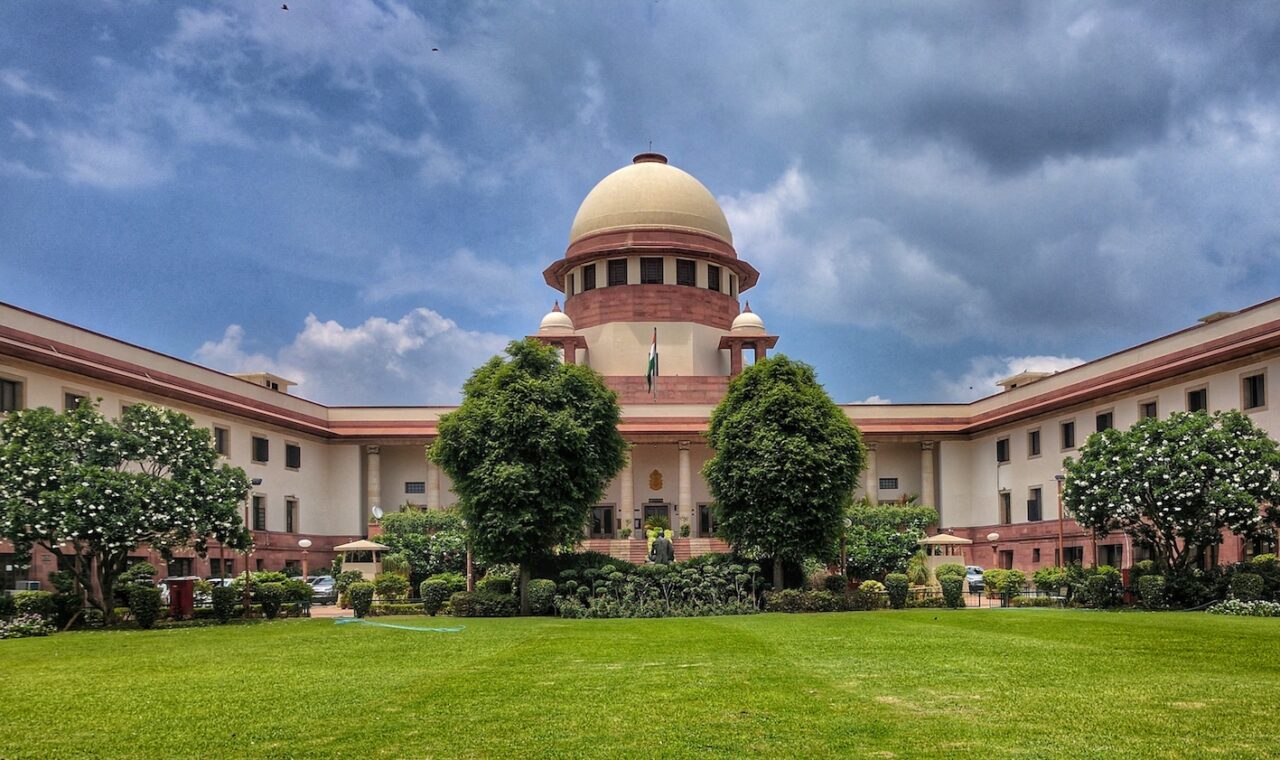While deciding a criminal appeal against the grant of bail by the High Court for Five homicidal death, the Supreme court held how the principle of parity is to be applied and that under section 439 CrPC the High court has the duty to analyze the gravity and nature of the crime, duty to record, duty to check the criminal antecedents of the accused. This judgment was passed in the case of Ramesh Bhavan Rathod vs. Vishanbhai Hirabhai Makwana Makwana (Koli) & Anr. [Crl.A.No 422 of 2021] by a Double Bench consisting of Hon’ble Dr. Justice D.Y. Chandrachud, and Hon’ble Justice M.R. Shah.
The present batch of 5 appeals arose from orders of the High Court granting bail under section 439 CrPC to six persons who were implicated for 5 homicidal deaths. An FIR was registered on 9th May 2020 for offenses under sections 302, 143, 144, 147, 148, 149, 341, 384, 120B, 506(2), and 34 of the Indian Penal Code, Sections 25(1-b) A, 27 and 29 of the Arms Act and Section 135 of the Gujarat Police Act. the informant – appellant was registered in the evening while the incident took place in the afternoon. The incident took place due to a land dispute. The incident resulted in the death of five persons. Among the twenty-two accused are Vishan Heera Koli (A-6), Pravin Heera Koli (A-10), Sidhdhrajsinh Bhagubha Vaghela (A-13), Kheta Parbat Koli (A-15), Vanraj Karshan Koli (A-16), and Dinesh Karshan Akhiyani (Koli) (A-17). A panchnama conducted at the scene of offense resulted in the recovery of two country-made guns, two indigenous counterfeit guns, four dhariyas, and one wooden stick. A-10 and A-15 were granted bail on 21st December 2020 on basis of parity claimed based on the order which granted bail to A-13. A-16 and to A-17 were granted bail based on parity.
The supreme court after going through the judgments of the High court and hearing the counsels for appellants and the respondents observed that the judgment of the High Court did not address the nature and gravity of the crime. The court held that The nature of the offense has an important bearing on the grant of bail. The high court’s orders were conspicuous in the absence of any elaboration of the offense. The perversity lies in the failure of the High Court to consider such an important circumstance when bail was granted. The supreme court further held that even when the principle of parity is applied the court must consider the totality of circumstances. While applying the principle parity must focus on the role of the accused and the reasons cannot be the usage of similar weapons of the accused who was granted bail. In deciding the aspect of parity, the role attached to the accused, their position in relation to the incident and to the victims is of utmost importance. The High Court had erred in the application of the same.
The supreme court held that the High Court failed to recognize the material aspects of the case. The first being seriousness and gravity of the offense. The same included presence of the accused at the scene, intent to assault them, the accused being armed with a weapon, and finally, the event where the deceased was assaulted. Furthermore, the record indicates the extensive nature of bodily injuries which were sustained by each of the five deceased persons, and the same was not taken into account. Furthermore, the High Court also erred in noting the criminal antecedents of the accused while granting bail.
The Court also held that under section 439 of CrPC judicial discretion is to be applied and it involves refusing bail as well. Furthermore, The duty to record reasons is a significant safeguard that ensures that the discretion which is entrusted to the court is exercised in a judicious manner.
The Supreme Court concluded by holding, “All the above accused are directed to surrender forthwith. The copy of the order shall be forwarded to the Sessions Judge to secure compliance forthwith.”


